Moroccan craftsmanship captivates the imagination with its unparalleled beauty, vibrant colors, and intricate detailing. Renowned globally, Moroccan handmade products carry a unique cultural identity, skillfully crafted by artisans who preserve ancient traditions through their work.
Traditional Techniques Passed Down Generations
At the heart of Moroccan craftsmanship lies a commitment to traditional methods:
Hand-carving: Moroccan artisans meticulously carve wood, metal, and plaster to create intricate geometric and floral patterns.
Tile-making (Zellige): A precise art of hand-cutting glazed tiles and arranging them into stunning mosaics that grace Moroccan architecture.
Leatherworking: Utilizing traditional tanning methods, artisans produce luxurious leather goods renowned for their quality and durability.
Weaving and Textiles: Berber carpets and handwoven textiles showcase elaborate designs and vibrant colors, created through centuries-old weaving techniques.
Rich, Authentic Materials
Moroccan craftsmanship emphasizes high-quality, locally sourced materials:
Natural Clay: Used for ceramics and Zellige tiles, providing unique textures and earthy charm.
Cedar and Walnut Wood: Prized for their durability and aesthetic appeal in furniture and intricate carvings.
Leather: Renowned globally, Moroccan leather is traditionally tanned using natural methods, creating products distinguished by softness and longevity.
Brass and Copper: Frequently featured in decorative lamps, trays, and accessories, bringing warmth and elegance to interiors.
Cultural Heritage and Symbolism
Moroccan craftsmanship is deeply symbolic, embedding cultural and spiritual meanings:
Geometric Patterns: Reflect Islamic principles of unity, harmony, and infinity.
Floral and Nature Motifs: Symbolize life, growth, and abundance, connecting products to Morocco’s rich natural landscapes.
Color Significance: Each color used carries symbolic meanings, enhancing emotional and cultural resonance, such as blue for protection, green for fertility, and white for purity.
Why Moroccan Handmade Products Stand Out
Moroccan handmade products are distinct for their authenticity, craftsmanship, and the human connection they foster. Unlike mass-produced items, each piece carries the story of the artisan, representing cultural heritage, skill, and creativity. Their unique imperfections are celebrated as proof of artisanal authenticity, making each product truly one-of-a-kind.
Sustainability and Ethical Craftsmanship
Supporting Moroccan craftsmanship promotes sustainability and ethical consumption. Artisans typically use environmentally-friendly materials and production methods, preserving traditional skills while empowering local communities economically.
Conclusion
Moroccan craftsmanship is uniquely defined by its vibrant traditions, detailed craftsmanship, rich materials, and profound cultural heritage. Choosing Moroccan handmade products means embracing authenticity, sustainability, and the timeless beauty of artisanal skill—a meaningful addition to any home or lifestyle.

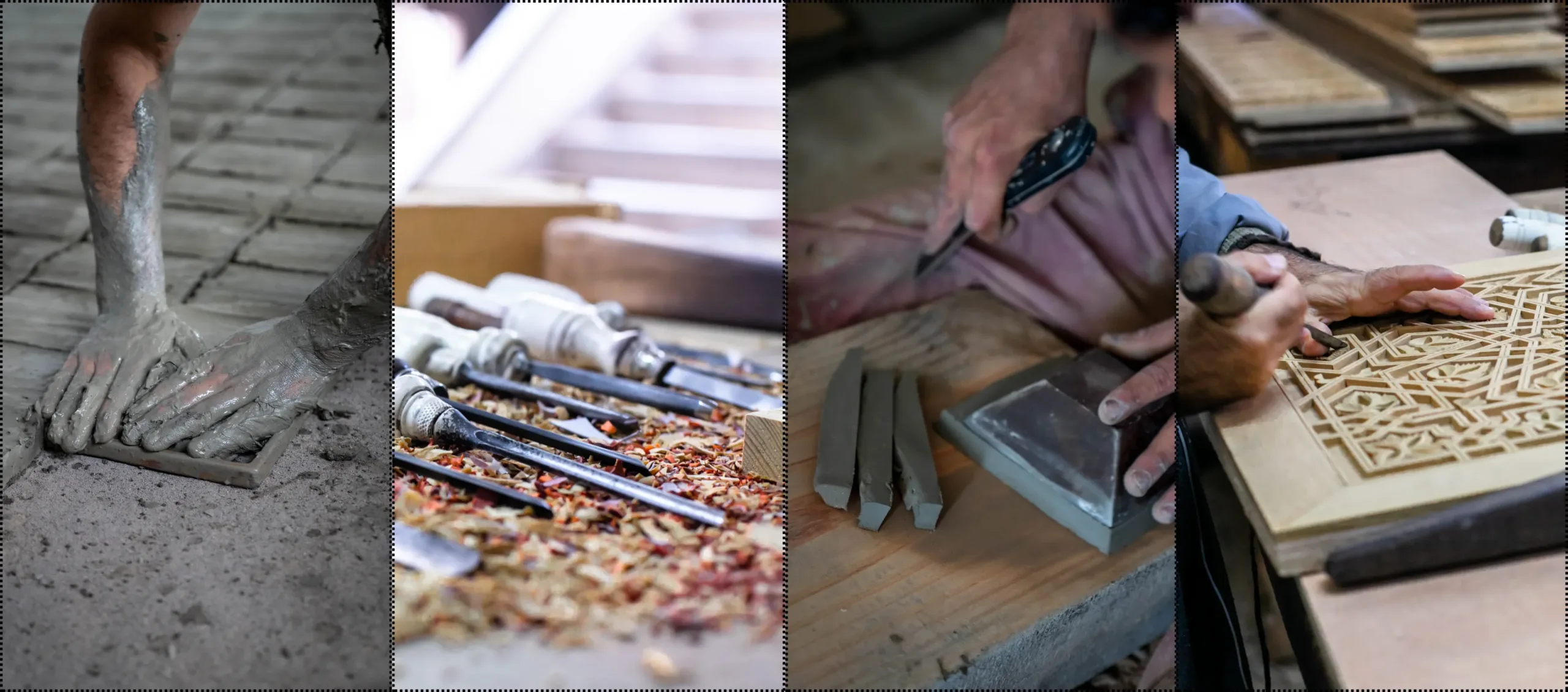


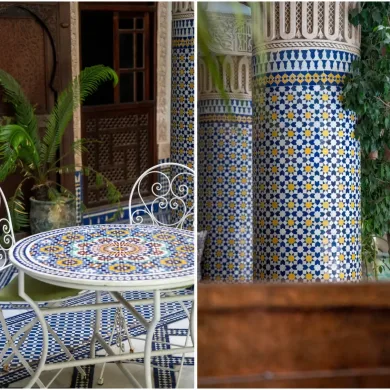
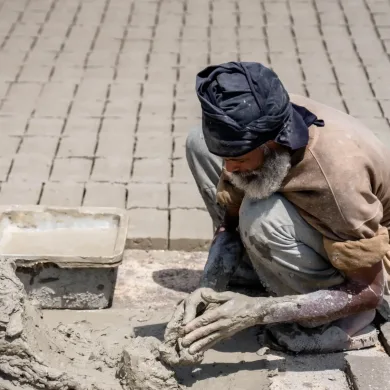
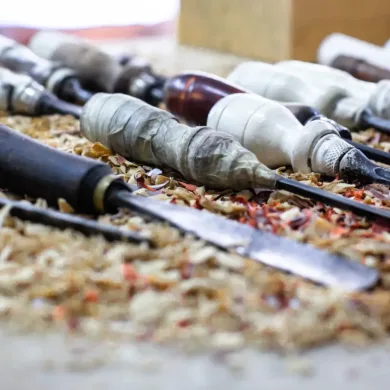
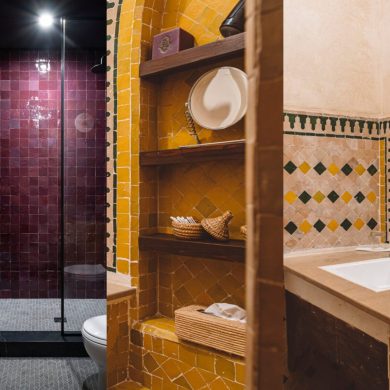
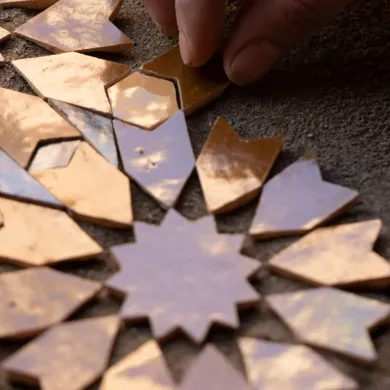
Add comment